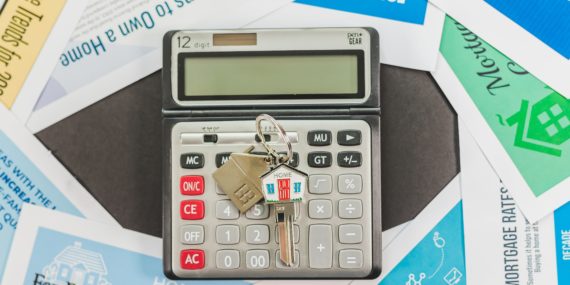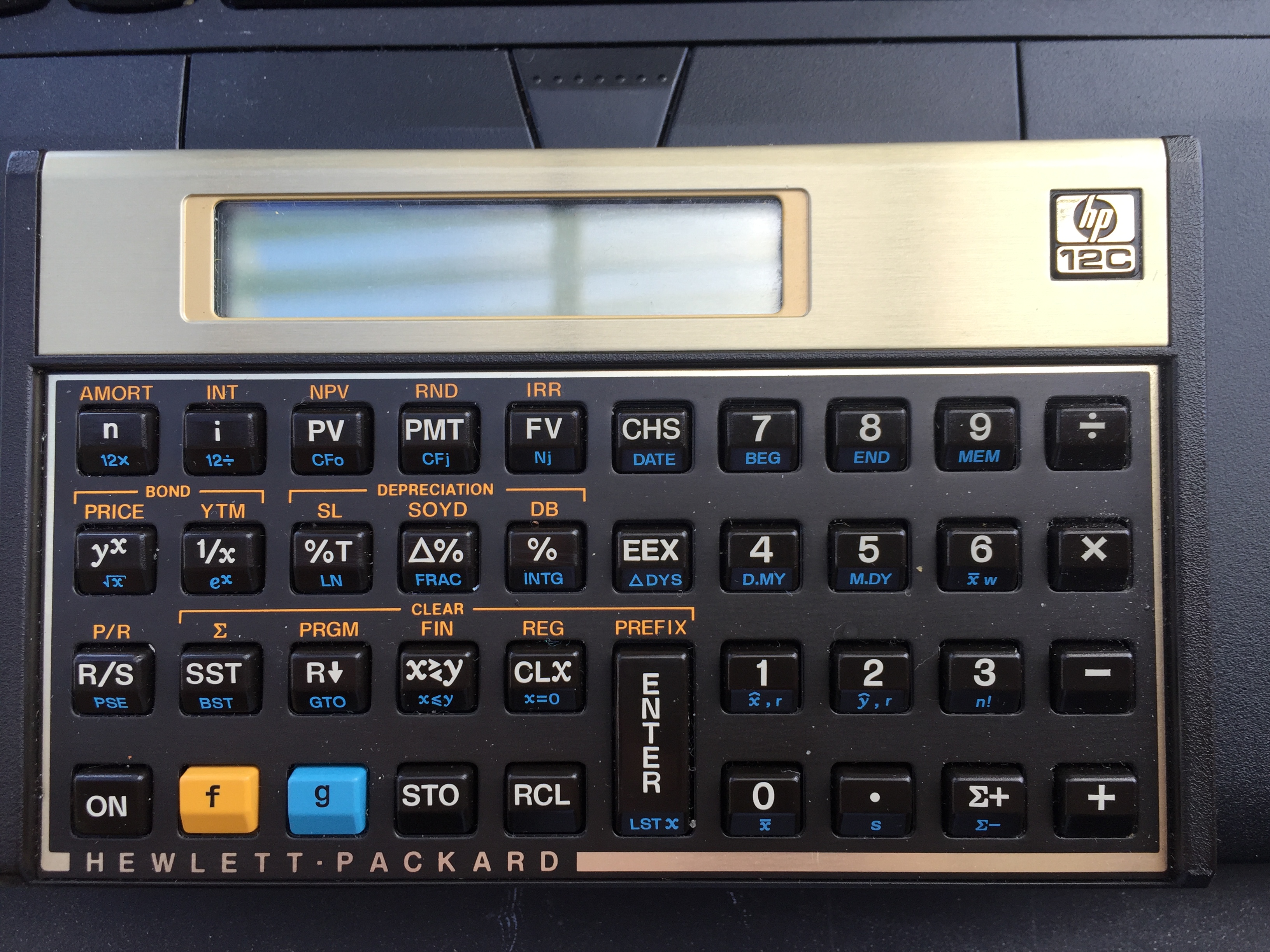If you’re like many people who just moved to a new area, or decided you’d like to stop making your landlord rich & start building some real wealth for your family, you may be getting excited about buying a home. You’ve got a lot of things to consider before you jump into a car & start looking at something you saw online.
Firstly, are you qualified to complete a purchase? If you haven’t spoken with a mortgage lender yet, you may be getting excited for nothing. Do you know what your credit score is, do you know what credit score you’ll need to secure a decent loan? How about a good loan? There are many ways to get an idea of your credit score & credit history if you’re just getting started. The easiest is by using a site such as CreditKarma.com. Keep in mind, nothing is truly free, your credit information is provided to you here in exchange for the ads offering you credit cards & other loans. Provided you can avoid any temptation to to get a card you don’t need (which may actually temporarily hurt your score, depending on your situation) you may be well served to keep an eye on your score & find ways to improve it before making a large purchase such as a home.
Once you know where your creditworthiness lies, it’s time to think about down payments & closing costs. Yes, you may be able to get an FHA loan with very little money down. Again, nothing is free, since March of 2013 this now comes with a PMI (private mortgage insurance) monthly fee that will now stay on your loan until it is paid off or refinanced. That being said, if you can get into a property in an area where appreciation will result in your equity growing substantially over the next few years, your ability to refinance out of the FHA into a conventional loan may happen more quickly than if you were just paying down 20% of what you bought it for.
For example, I buy a $100,000.00 house with 3.5% down My loan would be for $96,500.00 . In the first few years, most of your monthly payments are going to interest, not paying down the principle much. However if in a few years, appreciation has been good in the area, maybe my home is now worth …
Read More



